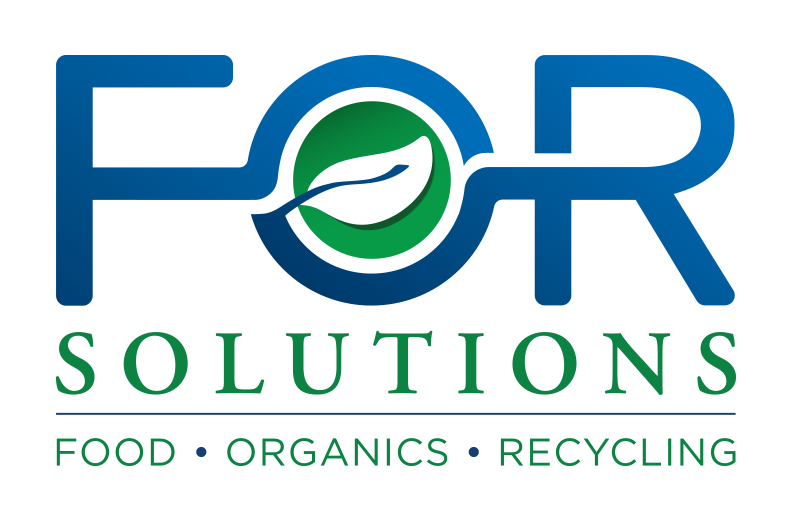Four Hundred Years and Counting!
This year marks the 400th anniversary of the publication of Francis Bacon’s Novum Oranum Scientiarum. This importance of this revelation is that despite four centuries since he offered his third aphorism: nature to be commanded must be obeyed; humanity still is trying to command without obeying. The repercussions of our misguided actions are becoming increasingly worrisome. One area where this is particularly true is the industrial model of food production.
We command (or so we believe) soil to meet our ever-increasing demands to feed our ever-increasing population. We do so not by obeying her millennium-old processes for resilience and reconciliation that restore the vitality and vigor of soil; instead, we add only three key nutrients that plants need to survive. The paradox is that our strategies actually reduce the fertility of soil in the long-term. Consequently, our actions are not sustainable!
This is where on-site or local recovery and composting of uneaten food has such enormous potential to change the situation. When compost is made from food, the nutrient profile of it is vastly different from compost made from dead twigs, leaves, grass clippings, etc. It contains many more vital nutrients than the three commonly found in synthetic fertilizers. Compost also provides benefits that contribute to the restoration of soil vitality and vigor that fertilizers cannot. Compost improves the capacity of soil to retain moisture and it reduces the potential for soil to be compacted; thereby, improving the capacity for plants to thrive.
It is generally recognized that life on Earth, or any habitable celestial body for that matter, is dependent upon a one-way flow of energy (the Sun for Earth) and a continuous cycling of matter. Humans refer to the later as recycling. Unfortunately, what is often termed recycling is actually reusing. Composting represents the quintessential example of recycling. Plants use nutrients in soil to grow and produce a part of them that is used as food by people or other animals. When the food is not eaten it is transformed into compost that is then added to soil to return the nutrients to the soil so they may be used again by another plant. The most advantageous way to obey nature insofar as uneaten food is concerned is to compost it as near as possible to where it is generated and to use the compost as a soil amendment as near as possible to where the discarded food is generated to grow the next cycle of food-bearing plants. The idiom the apple doesn’t fall far from the tree may also be used to identify how the apple tree nourishes itself by recycling nutrients it needs to flourish! Apples that fall from the tree and are not eaten are quickly digested by microorganisms and returned to the soil right where they fell.


